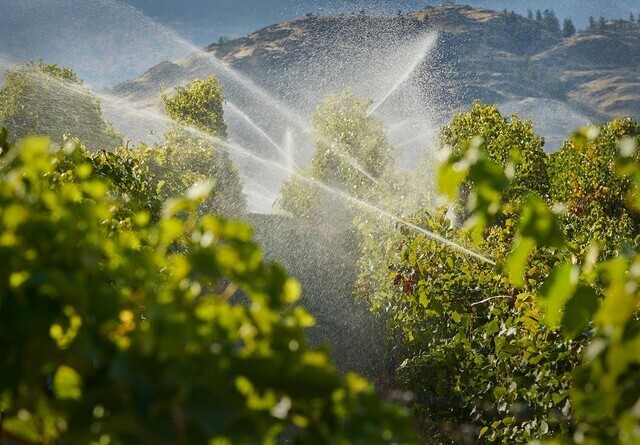Kelowna’s agricultural customers may soon see some relief as water levels in the city’s reservoirs continue to rise. The City of Kelowna has announced that they are considering easing water limits for their agricultural customers, who have been facing strict restrictions due to the ongoing drought.
According to the city’s water utility manager, Kevin Van Vliet, the recent rainfall and cooler temperatures have helped to increase the water levels in the reservoirs. This has allowed the city to consider easing the restrictions for their agricultural customers, who rely on irrigation for their crops.
The current water restrictions for agricultural customers limit their water usage to two days per week, with specific times for irrigation. However, if the water levels continue to rise, the city may be able to allow for more frequent irrigation and longer watering times.
This news comes as a relief for many farmers in the area, who have been struggling to keep their crops alive during the drought. The dry conditions have caused significant damage to crops and have put a strain on the local agricultural industry.
The City of Kelowna is also reminding all residents, including agricultural customers, to continue to conserve water and use it wisely. Despite the recent increase in water levels, the city is still facing a severe drought and every drop of water counts.
The decision to ease water limits for agricultural customers will be made based on the current water levels and weather conditions. The city will continue to monitor the situation closely and make adjustments as necessary.
In the meantime, the city is urging all residents to do their part in conserving water and helping to alleviate the strain on the city’s water supply. This includes following the current water restrictions and finding ways to reduce water usage in their daily lives.
As the drought continues to impact the region, it is important for everyone to work together to ensure the sustainability of our water supply. The City of Kelowna will continue to provide updates on the water levels and any changes to the restrictions for agricultural customers.




